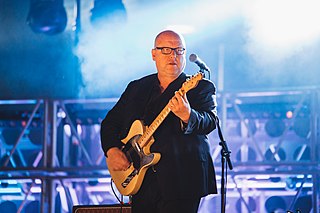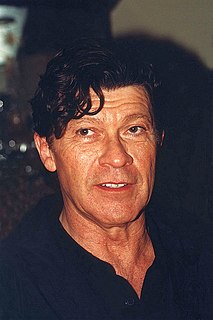A Quote by Will Muschamp
Related Quotes
Your life is like a book. The title page is your name, the preface your introductions to the world. The pages are a daily record of your efforts, trials, pleasures, discouragements, and achievements. Day by day your thoughts and acts are being inscribed in your book of life. Hour by hour, the record is being made that must stand for all time. Once the word 'finish' must be written, let it then be said of your book that it is a record of noble purpose, generous service, and work well-done.
When I was growing up, my mother would always say, 'It will go on your permanent record.' There was no 'permanent record.' If there were a 'permanent record,' I'd never be able to be a lawyer. I was such a bum in elementary school and high school... There is a permanent record today, and it's called the Internet.
When I was growing up, my mother would always say, 'It will go on your permanent record.' There was no 'permanent record.' If there were a 'permanent record,' I'd never be able to be a lawyer. I was such a bum, in elementary school and high school... There is a permanent record today and it's called the Internet.
I won't necessarily make new music because when you make a record there are these great expectations on the side of the record company who are going to produce your record, promoters that are going to do your shows. They want you to do interviews, they want you to play shows. I mean, they want it to be a campaign.





































